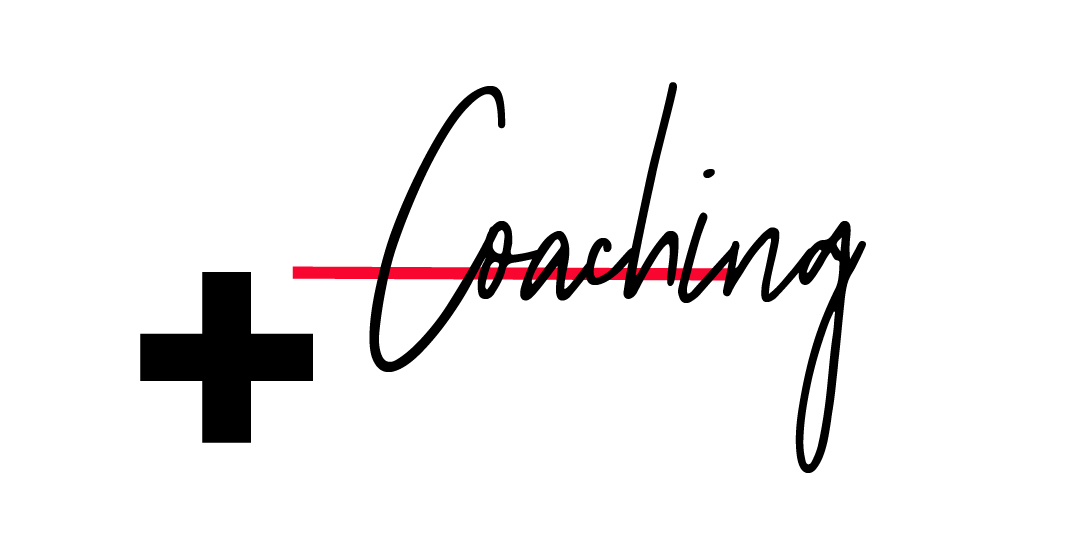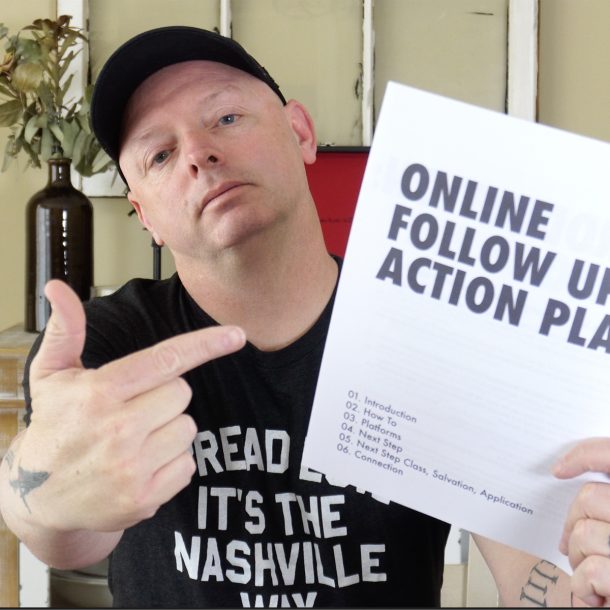Momentum is not luck. Momentum doesn’t happen by chance or by wishing. Momentum is an indicator of really hard and intentional work.
Author Taffy Williams recently wrote an interesting article about the power of inertia and amazingly uncovers the power of inertia in business. I think that too often, as creative teams and churches, we get so consumed with creating and maintaining that we lose track of the power momentum can have for our organizations.
Today our organizations are moving – either forward towards our goals or slipping back from where we want to be. How can we make sure we’re headed in the right direction, or reverse our course and start moving in the right direction?
- Make sure we’re on vision – Vision is both a filter and a compass. If the things we’re working on today aren’t moving us towards our vision or helping us accomplish that vision, we’re spinning our wheels. Stop. Now. Don’t do it anymore. Only spend time on stuff that leads us the way we need to go.
- Make space for creativity in EVERY department – What can be imagined for a department? Creativity helps solve problems and uncover new ways of doing what needs to be done. Pastor and author Erwin McManus once said that “Creativity is creating the future.” When we don’t place a premium on creativity, we limit the ability to dream and discover. We have to be willing to find some new or we’ll be eternally stuck in the present.
- Be Motivated – No one should love your department, ministry, business, or calling more than you do. Ever! The minute someone else cares about our responsibilities more than we do, our ship is sunk! It’s vital for the development of momentum that we are passionate and motivated. The energy it takes to be successful is great and isn’t going to exist if you’re not in love with what you’re doing. When you are passionate, love what you’re doing, love who you get to do it with, and feel fulfilled by the work you do, nothing can stop you.
- Plan – The playbook matters. Planning provides purpose, position, direction, and structure. Planning should start at a high level and drill to a level where everyone understands what needs to be done. Planning helps edit and refine the work we do; helps to distribute and allocate resources and attention where they’re most needed. No organization has ever moved the momentum needle without a plan. Sometimes the biggest win in planning is figuring out what not to do, and that’s good. Make a plan and work that plan.
- Execute – Momentum requires action. Execution is a lost art. It’s not sexy, it’s not easy, and it’s built on the back of sweat, tears, and hard work. Take your plan and make it actionable. Give it dates, times, and accountability. Execution requires effort but, when the effort is given, it usually produces results.
Of course there are a lot of other factors that can impact momentum for an organization, but I believe our chances of success grow astronomically when we pay attention to these steps. What would you add to the list?




I would add “communication” as the under-girder to all the steps above. That people understand and are not afraid to share. An environment of open communication and open listening can drive the ship solidly.